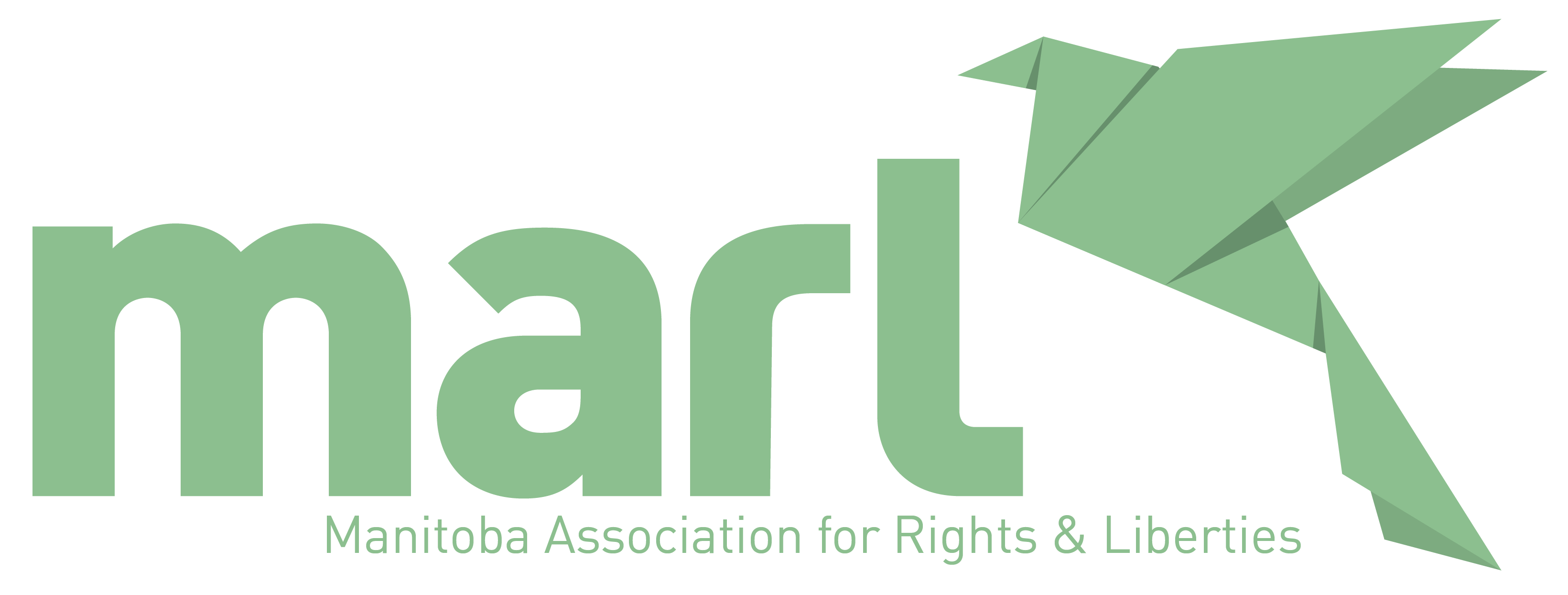April 29, 2021
What is Human Rights Education?
In 1995, the United Nations recognized Human Rights Education (HRE) as “essential for the promotion and achievement of stable and harmonious relations among communities and for fostering mutual understanding, tolerance and peace”. More recently in 2011, the UN Declaration on Human Rights Education and Training reaffirmed that human rights education and training is essential for the observance and promotion of all human rights and freedoms.
As part of a strategic plan in 2015 that has defined the current face of MARL’s community work, the Board of Directors likewise agreed that Human Rights Education filled a gap in long-term solutions to the challenge of inequalities, oppression, and injustice for communities in Manitoba. We believe the key to this approach is multifaceted: HRE changes harmful attitudes that lead to discrimination, and HRE provides resources to empower communities in changing institutions that perpetuate long-standing inequalities. In this way, Human Rights Education is future-focused in its approach to complex social issues.
Our approach is three-fold:
Human Rights Education teaches about human rights: Learning the fundamentals of documents such as the Charter of Rights and Freedoms, and key concepts in understanding the underlying principles of human rights. Several of our community workshops and resources uphold this approach in demystifying human rights legislation and convention.
Human Rights Education teaches for human rights: Developing essential skills such as critical thinking, working collaboratively, and self-advocacy in defence of human rights. Our Ethics events such as the High School Ethics Bowl are developed with the intention of building these critical leadership skills for the next generation of human rights advocates.
Human Rights Education teaches through human rights: Developing a sense of respect for others, dignity, and responsibility that allows for principles of human rights to permeate all aspects of social interactions and interpersonal relationships. The process of facilitating respectful dialogue around human rights is intentional for living human rights in learning.
Finally, we believe it is necessary to apply these tools in ways that are culturally appropriate, accessible, and inclusive. As such, MARL’s programs and events advance these goals not only in substance but also in process. HRE programs must be centred around community voices and reach those who benefit from its outcomes. It is important to remember that the concept of human rights comes from Western political thought and can inadvertently perpetuate the same hierarchies it seeks to dismantle. Human Rights Education must be developed with an intention to uphold values of equity and inclusion at their roots.
With this in mind, we can ensure Human Rights Education is empowering and accessible for the full diversity of human experiences.
Michelle Falk
Executive Director
you may also like…
April 18, 2024
From citizens to digital citizens
Social media provide an opportunity to communicate in multiple ways, just as never before in history. Nonetheless, there are dangers and risks as well. We should be aware of them to protect ourselves …
April 18, 2024
Des citoyens aux citoyens numériques
Les réseaux sociaux offrent la possibilité de communiquer de manières très diverses, comme jamais auparavant dans l’histoire. Néanmoins, ils comportent aussi des dangers et des risques. Il faut en être conscients pour nos …





